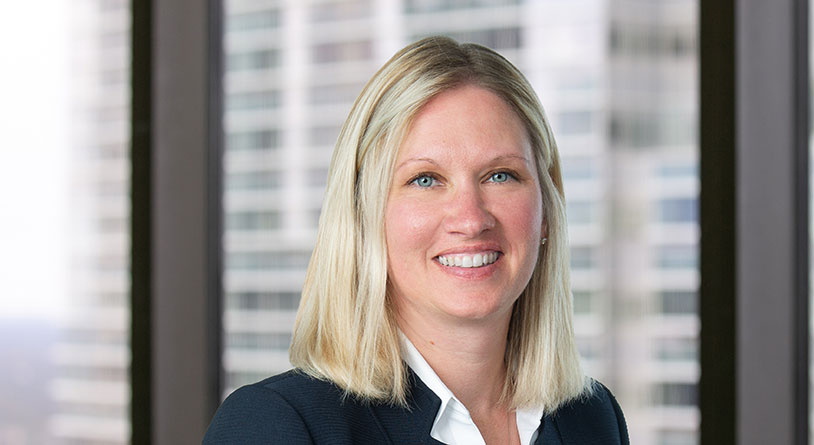Wotton + Kearney has again joined forces with ANZIIF, Liberty Specialty Markets and SURA to investigate how experiences of workplace inclusion are affecting the insurance industry. This year, more than 600 respondents shared their views on inclusion to help inform the final report Local Voice, Global Impact: Deep Dive on Inclusion Survey 2020 which was launched during September’s Dive In Festival.
The report is written by Dr Jennifer Whelan, Director of Psynapse Psychometrics, a leading Australian expert on inclusion. It highlights that inclusion remains an important issue for the insurance industry, particularly given the broader work-related challenges we have all faced during the pandemic.
2020 has brought unprecedented global disruption with the emergence of COVID-19. Most countries have experienced some degree of lockdown restrictions and prolonged social isolation requirements. As a result, vast numbers of employees have experienced a radical shift in the way they work, from being mostly office-based to working remotely or from home. For many of us, these remain ongoing challenges as we adapt to what may well become a ‘new normal’. This year’s Dive In Festival theme of “Local Voice, Global Impact” perfectly reflects the challenges of tackling a global challenge, while being largely confined to our homes and physically distant from colleagues, family and friends.
In 2019, we took a deep dive into how inclusion is experienced by diverse people working in the insurance and risk industry. In line with broader research, we found that some people feel more included than others; men, older people, leaders, and people who can do some or all of their work remotely feel a stronger sense of inclusion than others. The results from 2019 provided an important first look at inclusion in the insurance and risk industry in Australia and the first industry-based benchmarks on inclusion.
Our aim for the 2020 survey was twofold. Firstly, to explore changes in inclusion over time, with the hope of seeing a positive impact as more and more organisations invest in building a more inclusive culture. Data on the representation of diverse people in the industry is still lacking, but we do know that capability-building and training around inclusion have become more widespread. While the original hope was to find evidence of improvements in inclusion, the COVID-19 pandemic has had such profound and largely negative impact on every aspect of life – ranging from our mental and physical health, our job and economic security, our family and social relationships. As a result, the results from this year’s study are unlikely to be comparable to previous (or future) years. 2020 will go down in history as an atypical year by any measure.
However, COVID-19 has presented an invaluable opportunity to look at how workplaces adapt during a crisis, and the work-related challenges posed by the global pandemic play directly into inclusion. There are two good reasons to expect that many of the impacts of COVID-19 would represent a challenge to how included and connected people feel at work. Firstly, mainstreaming flexible work practices has been a common goal in diversity and inclusion work, and COVID-19 has ushered in an unprecedented era in which many, if not most employees carry out all or most of their work remotely. For most people, this has meant working from home much or all of the time. Secondly, given that many people believe that inclusion can act as a protective factor against change and disruption, and especially for diverse people, exploring experiences of inclusion during this crisis is particularly useful.
You can view a full copy of the report here.



